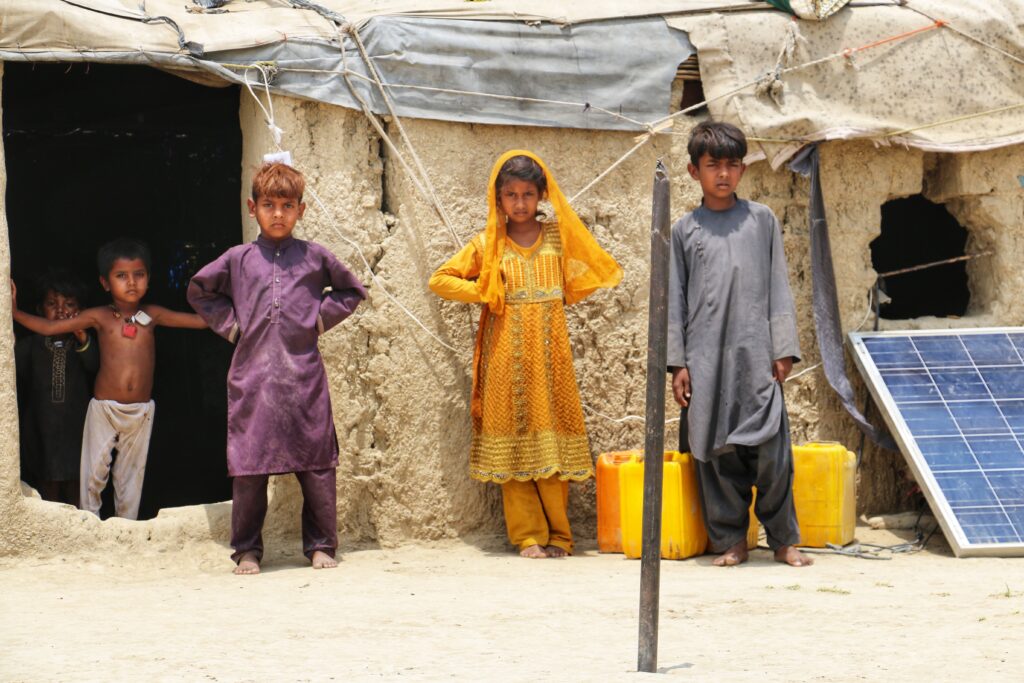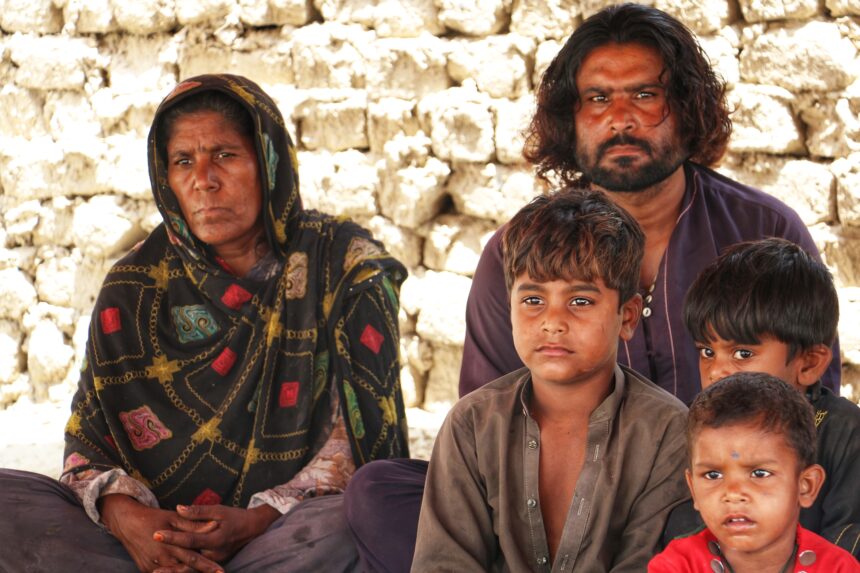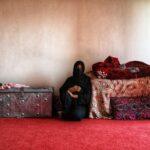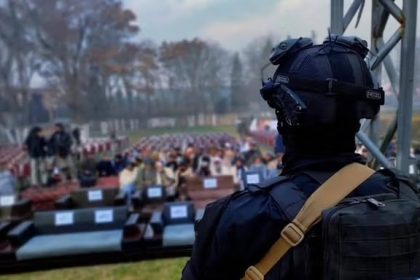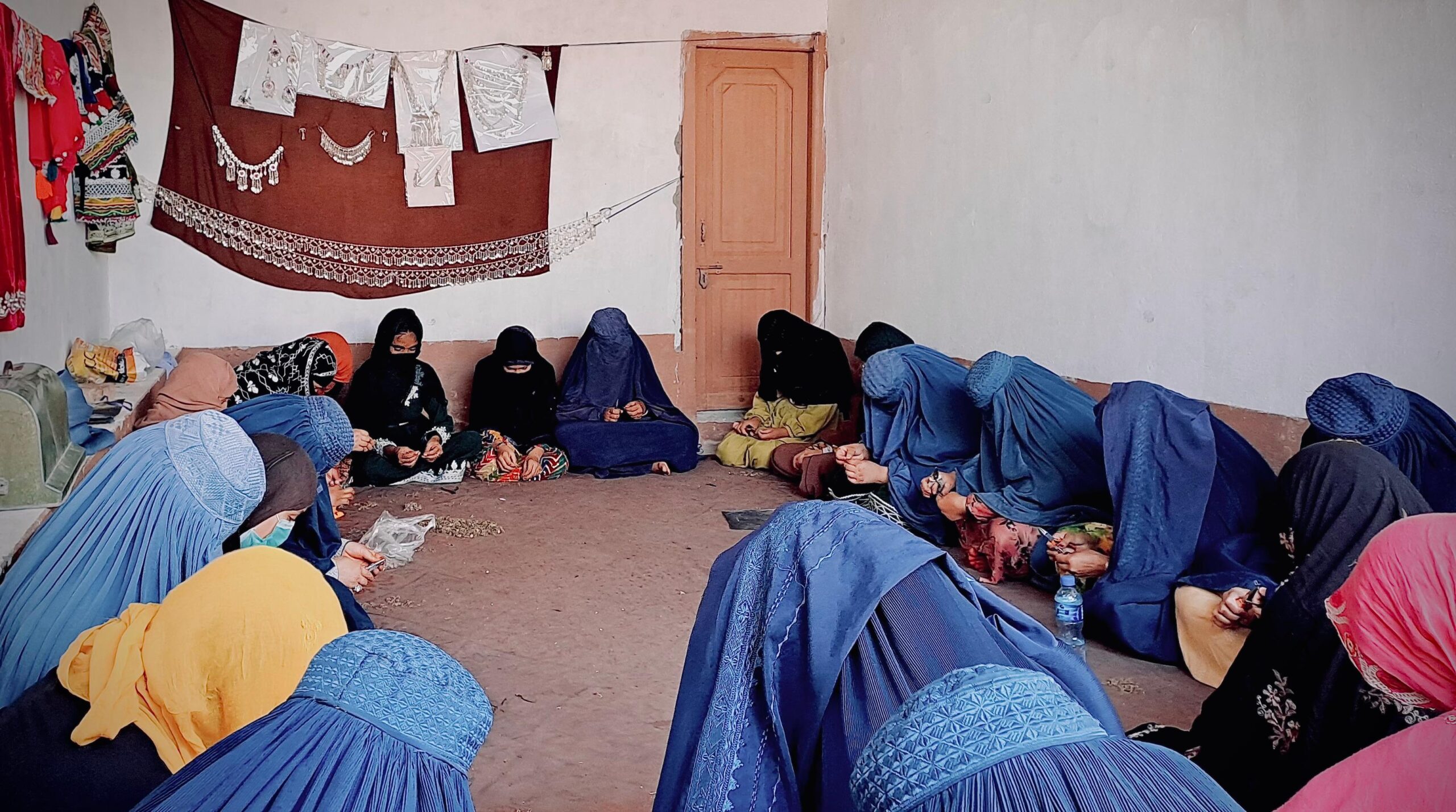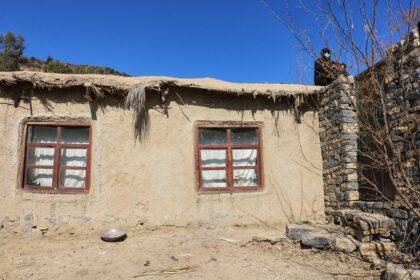In Khost, families who sell bangles have lived for decades without legal identity, education, or rights, trapped in generational poverty. Without national ID cards, they cannot own property, access healthcare, or enroll their children in school. Most live in rented houses or makeshift shelters on the city’s outskirts, facing eviction and hardship.
“No one hears our cries,” said Shin Gul, an elder of the community. “Our children watch others going to school with backpacks and they dream of the same, but they cannot go. The government refuses to give us ID cards, and without them, schools will not accept our children.”
Women and children carry the heaviest burden. “Because we have no property and no steady livelihood, we suffer terribly,” said Gulshan Zaro, a mother of four. Another woman, Tasleema, added: “If God doesn’t look after us, no one else will. Others live in comfort, but we spend our days begging for food.”
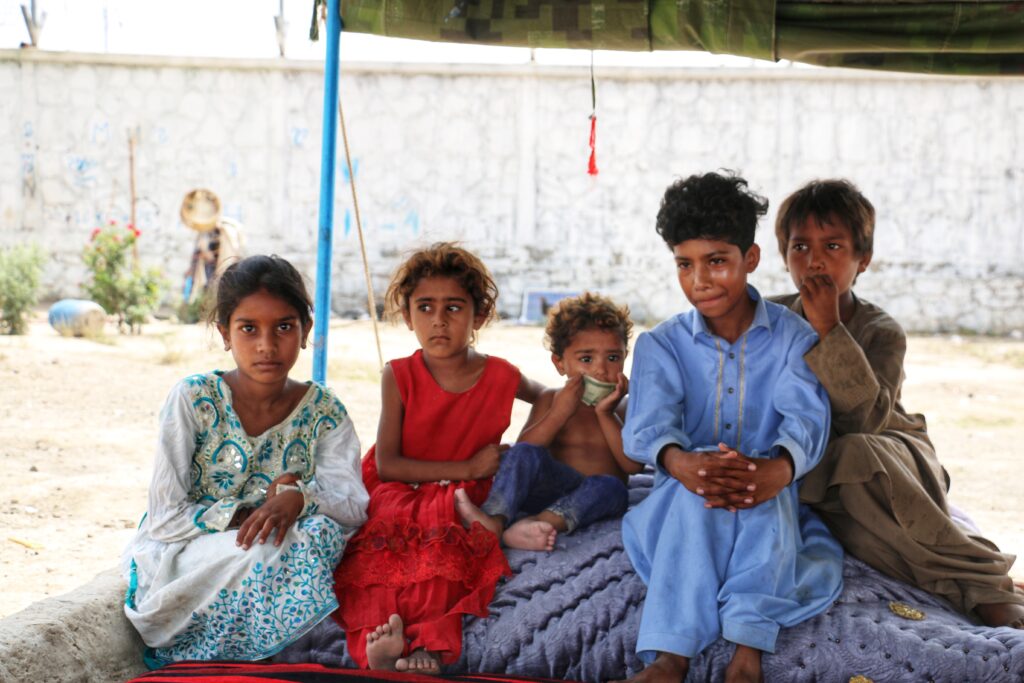
Mirwais Azizi, a local activist noted that the community also faces social stigma: “In these families most women work—which other people in their communities don’t like. Instead of support, they are judged.”
The bangle sellers are part of a wider community historically known as Jogi, spread across Afghanistan, Pakistan, and India. For centuries they have lived as nomadic groups without property, documents, or permanent homes, surviving through trades such as music, street performance, fortune-telling, and selling trinkets.
Historians trace their origins to a Sufi order in India that later dispersed across South and Central Asia. Some accounts say they arrived in Afghanistan during the Mughal and Timurid eras; others note that around 200 years ago many fled Bukhara, in today’s Tajikistan, after tribal raids forced them to abandon their herds and homes.
In Afghanistan, the community divided into smaller groups: those who were traditionally musicians and dancers; those who sold bangles and told fortunes; and those who took part in cooking for ceremonies.
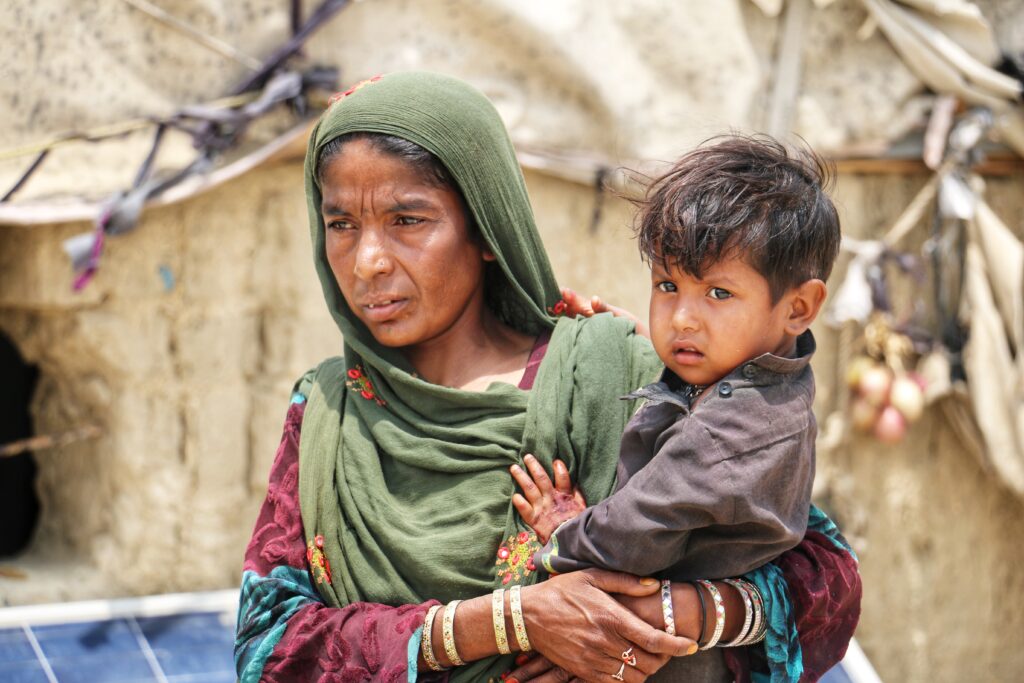
Despite their contributions to Afghan culture—including music, the Jogi remained excluded from rights and recognition. Today, thousands still lack national ID cards. Only a few, such as the late Sheberghan musician Rangin Shah, ever obtained official documents.
Without identity papers, children of Khost’s bangle sellers remain locked out of schools and opportunities. “The lack of identity has condemned us,” said one father. “We are alive, but we are not counted as citizens.”
For the families of Khost, the issue is no longer only about survival—it is about dignity. Until their right to identity is recognized, their voices will remain unheard, and their children’s dreams will remain closed behind classroom doors.
